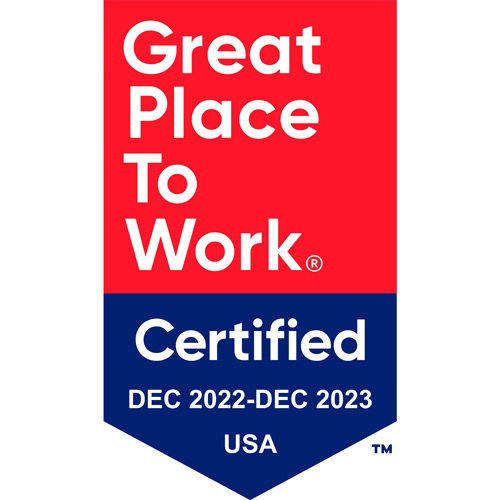Risk Management Essentials
- PM
- January 29, 2024
- Edited January 29, 2024
Table of Contents
In today’s fast-paced business environment, keeping up with the ever-evolving regulations can be a daunting task for any company, big or small. This is where the expertise of a regulatory compliance consultant becomes invaluable. With an array of new rules and guidelines emerging regularly, businesses face the real risk of falling behind or, worse, facing penalties for non-compliance. This blog post aims to shed light on the crucial role these consultants play in not only helping businesses adhere to regulations but also in positioning them for future growth and success. We’ll explore the multifaceted responsibilities of a regulatory compliance consultant and how they can be the linchpin in maintaining your business’s integrity and reputation in the market.
Understanding the Maze of Regulations
A regulatory compliance consultant is akin to a seasoned guide navigating a labyrinth of rules and regulations. They not only stay informed about the latest regulatory developments across various industries but also possess a deep understanding of how these rules apply to different business scenarios. This involves a continuous process of learning and adapting, as regulations can vary widely between regions and sectors. Moreover, these professionals excel in breaking down complex legal language into understandable terms, ensuring that business leaders can make informed decisions. By doing so, they enable businesses to not only meet the minimum compliance requirements but also to recognize and leverage regulatory frameworks to their advantage.
Risk Management and Mitigation Strategies
In the realm of risk management, a regulatory compliance consultant plays a crucial role. They conduct comprehensive risk assessments, identifying areas where a business might inadvertently breach regulations. Following the identification of these risks, they develop and implement robust mitigation strategies. This may involve revising internal policies, enhancing monitoring systems, or introducing new compliance procedures. Their proactive approach not only minimizes the likelihood of regulatory penalties but also helps in maintaining a positive public image, which is essential for customer trust and business longevity.
Training and Culture Building
The role of a regulatory compliance consultant extends significantly into the realm of training and culture-building within an organization. They develop customized training programs tailored to the specific needs of different departments, ensuring that all employees, from the front line to the executive level, understand the importance of compliance in their roles. These training sessions are interactive and engaging, designed to foster a proactive compliance mindset among staff. By embedding a strong compliance culture, the consultant ensures that adherence to regulations becomes a fundamental part of the organizational ethos, thereby greatly reducing the risk of non-compliance.
Staying Ahead with Technology and Innovation
In today’s tech-driven world, a regulatory compliance consultant is also a tech-savvy advisor. They are knowledgeable about the latest digital tools and technologies that can aid in compliance management. This includes the implementation of advanced software for tracking regulatory changes, automating compliance reporting, and ensuring data security and privacy. By integrating these technological solutions, consultants not only streamline compliance processes but also provide businesses with a competitive edge, ensuring they stay ahead in an environment where technological proficiency is increasingly linked to regulatory success.
Tailoring Strategies to Unique Business Needs
Recognizing the diversity in business operations, a regulatory compliance consultant takes a customized approach to compliance. They spend time understanding the unique aspects of each business, including their market position, operational processes, and long-term goals. This deep dive allows them to tailor their compliance strategies in a manner that aligns with the business’s specific objectives and operational nuances. This personalized approach ensures that compliance strategies are not just effective but also add value to the business, supporting its growth and enhancing its market position.
Building Strong Relationships with Regulatory Bodies
Finally, the ability of a regulatory compliance consultant to forge and maintain strong relationships with regulatory bodies cannot be overstated. They act as the critical link between the business and regulatory authorities, facilitating open and effective communication. This involves not just representing the business during regulatory inspections and audits but also engaging in ongoing dialogues with regulators to stay informed about potential regulatory changes. These relationships are vital for gaining insights into the regulatory landscape, influencing policy development, and ensuring that the business remains in good standing with regulatory agencies.
Conclusion
To sum up, the role of a regulatory compliance consultant is essential and multi-dimensional. They guide businesses through the complexities of compliance, from risk management to technology integration, and from strategy customization to building regulatory relationships. As strategic partners, they ensure businesses are not only compliant but also primed for success in a continually evolving regulatory environment.
Read More:
Simplifying Compliance



